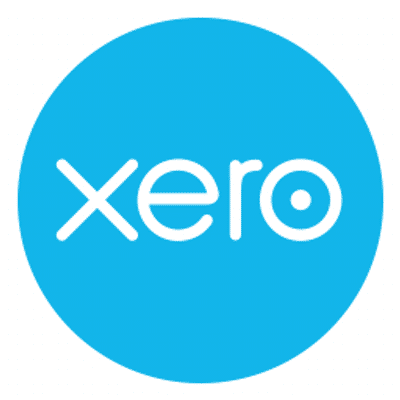Fetch is a Accounting Software. Fetch offers Accounts Payable, Accounts Receivable, Expense Tracking and many more functionalities.
Some top alternatives to Fetch includes Quickbooks, Xero, Freshbooks, Bill.com and Workday Financial Management.
No, Fetch doesn't provide API.
Yes, Fetch provides a mobile app.
Fetch is located in Durham, North Carolina
Fetch offers Free Trial, Subscription pricing models
The starting price is not disclosed by Fetch. You can visit Fetch pricing page to get the latest pricing.










/logo_1622728934.296577.png)




